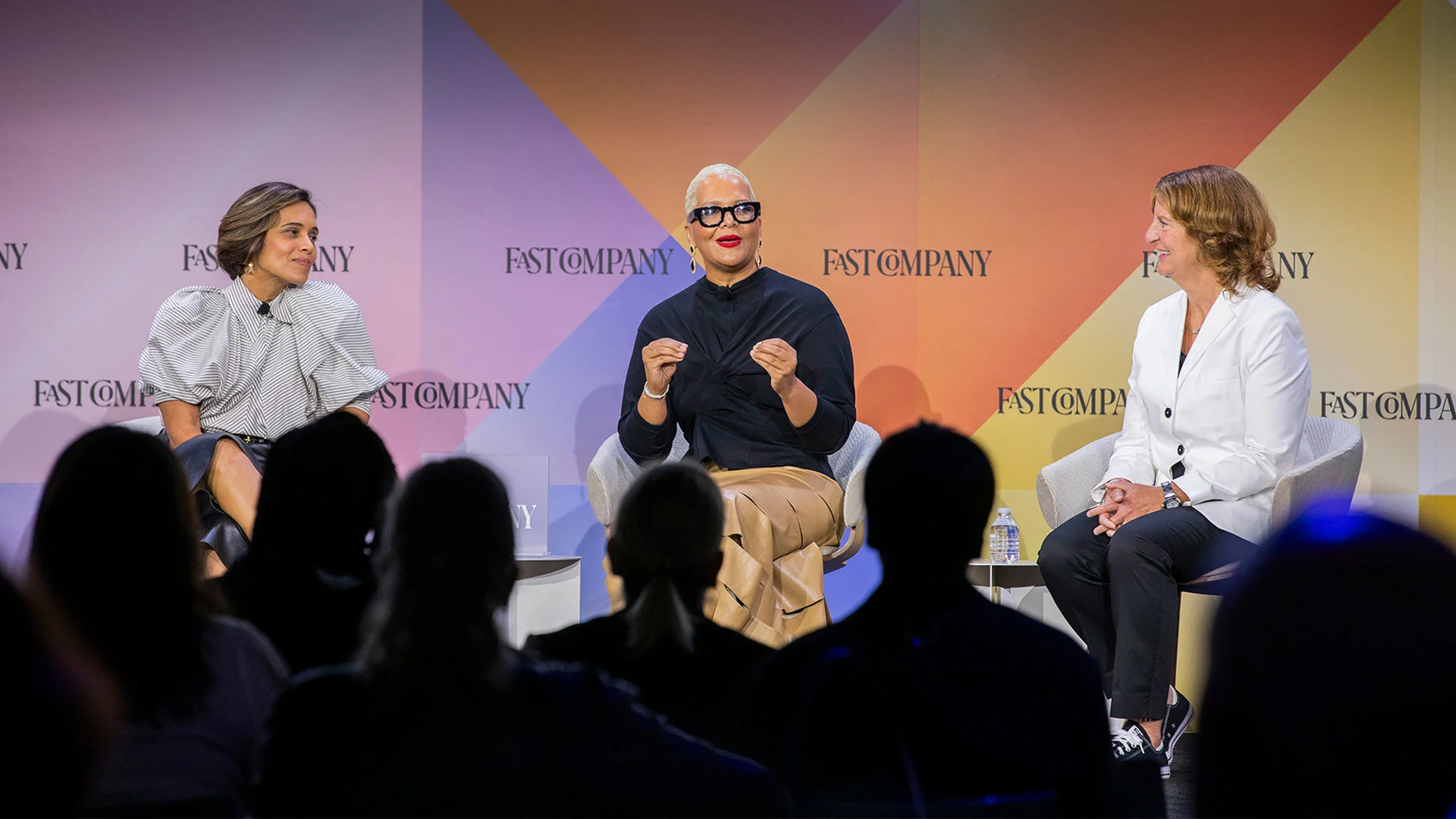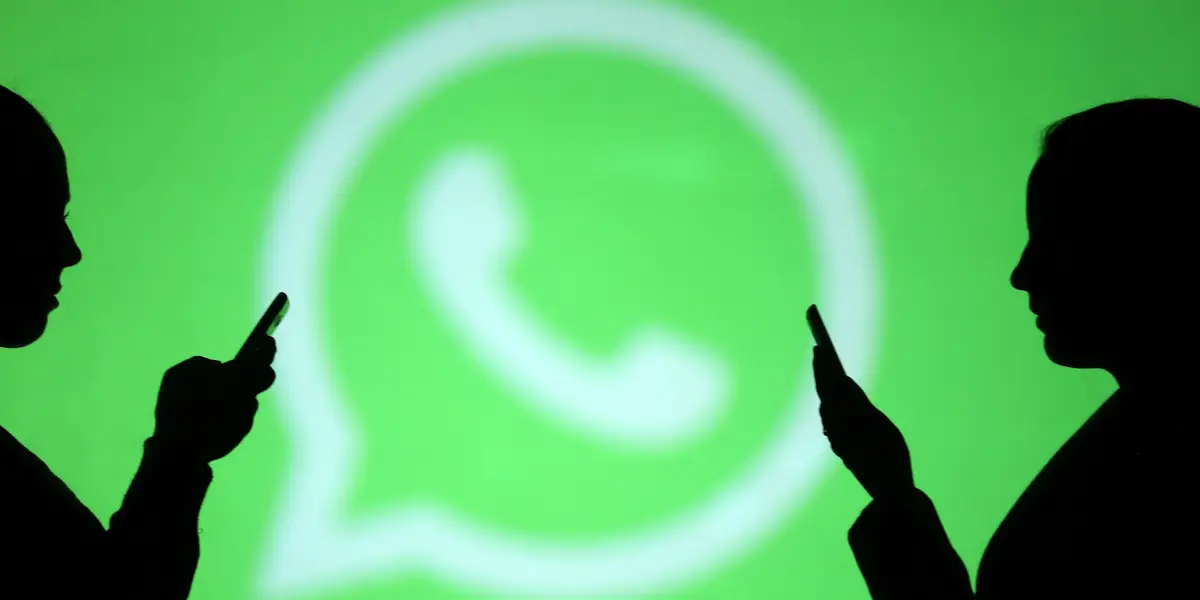
While dozens of companies have suddenly retreated from DEI efforts this year, leaders in inclusivity say there’s reason to be hopeful that this work is continuing—albeit more quietly than before.
Even as companies like Target, IBM, and Goldman Sachs have ditched their diversity, equity, and inclusion programs, other leaders still firmly believe that diverse teams offer a competitive advantage.
There has been progress in the past decade-plus, but it has looked like three steps forward and two steps back—which underscores that such work has never been more important, according to Jana Rich, founder of Rich Talent Group.
“What you’re seeing, I think, are some really strong leaders taking a stand as the antithesis of fear,” Rich said, speaking at the Fast Company Innovation Festival in New York last week.
Subscribe to the Daily newsletter.Fast Company’s trending stories delivered to you every day
Privacy Policy
|
Fast Company Newsletters
Leaders who have retreated on the work of inclusion are “really missing the moment,” added Daisy Auger-Domínguez, CEO of Auger-Domínguez Ventures. “What you’re seeing now is this retrenchment to try and build more status quo in organizations at a time where innovation and creativity are most needed.”
Who killed DEI?
The notion that DEI programs are expandable if a company’s financials are impacted or there is a different shift politically is problematic, as other key programs wouldn’t be on the chopping block in similar scenarios, Auger-Domínguez told the audience.
“Why cut DEI when it is fundamental to the culture and the creativity and the innovation?” she asked.
Even though there is data to support that inclusivity improves a company’s bottom line, some DEI programs were built with “zero scaffolding,” noted Cristina Mancini, CEO of Black Girls Code.
Programs built on optics versus systems were bound to fail, she added.
“At the first sign of a wobble, at the first sign of a wind, they come tumbling down because the intent wasn’t 100% there,” Mancini said. “My frustration with DEI programs is when the DEI programs are actually marketing versus hiring DEI practitioners to build true pipelines of talent that can, for the better, support the organization and become leaders themselves.”
advertisement
Banking on younger workers
Even so, there’s reason to be optimistic that this retrenchment is temporary and companies will opt back in, Mancini said.
While consumers have successfully boycotted companies like Target for walking back their DEI efforts, Auger-Domínguez noted that employees also need to feel empowered to create workplaces that work for everyone—and to remember that they have a choice in where they work.
“We see through the B.S. of what’s being told to us, and people are voting with their feet,” Auger-Domínguez said. “The challenge here for these organizations is that you’re losing trust, you’re losing loyalty . . . many of us may still stay in organizations because we’re trying to wait this out, but I’m going to give you a lot less because I just don’t trust that you’ve got my back.”
Younger generations in the workforce are being “very selective” about where they put their energy and will have the opportunity to affect change, Mancini said. And because they were raised on the idea that diversity comes in many forms, those future leaders are a beacon of hope, Rich added.
“While it might take a while, I actually feel like our twentysomethings are going to change the world,” Rich said.



